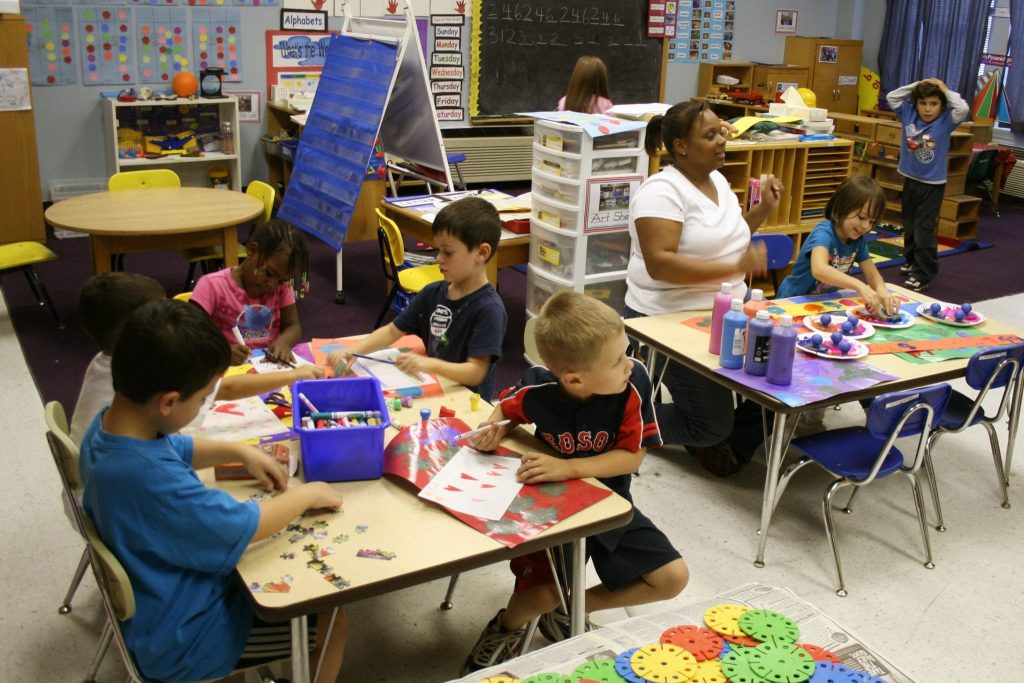
Games for gifted and talented children can help keep these young people engaged in learning by making it more fun and challenging. There are many smart toys and games which can help gifted kids to develop their intellect and problem solving skills. Some of these games are simple, like classic wood puzzles, while others are board games which can be enjoyed with family and friends.
Some examples of smart board games include a game called 10 Days Inwhich requires kids to plan a trip for 10 days in countries around the world. This game is an excellent way to study geography and get kids excited about world travel.
Another interesting board game is called the 24/7 The Gamewhich is produced by Sunriver Games. This game is suitable for kids age 8 and older, and it is an exciting game of strategy, skill and luck.
Gifted kids can benefit from traditional books, toys and games, but they may also require special games for gifted and talented children to keep them from getting bored. Games which help them to develop hand eye coordination spatial awareness, higher order thinking, reasoning, artistic design and construction and imagination are all recommended for these bright young minds. It is important for parents and educators to keep in mind that many toys are rather mindless, even if they are deemed to be educational by the manufacturer.
Therefore, you must look beyond the label or first impression and examine whether the game or toy will actually result in a learning experience for the child. One way to tell the difference is to look for games which have different levels of expertise that kids can advance to as they learn.
Many games for gifted and talented children today can be found online or on the personal computer. Computers are an essential tool for gifted kids to help them develop their skills and learn new things in a fun and interactive way. Computers enable computer aided instruction (CAI) for gifted students, basically serving as intelligent tutors for kids while providing a modest level of support. CAI instruction and games are paced to the individual learning style of different students, so that they can accommodate a variety of students while helping them build self confidence in the process.
However, according to some research the use of computers in teaching gifted and talented children still does not compare to interaction with real teachers who can engage kids in traditional stimulus and response based instruction.